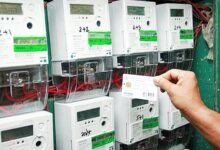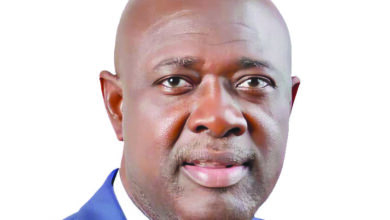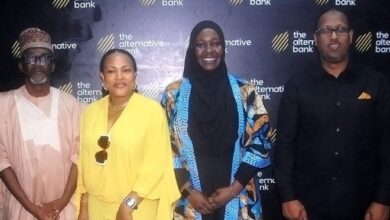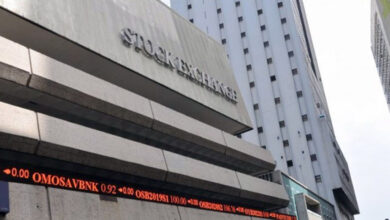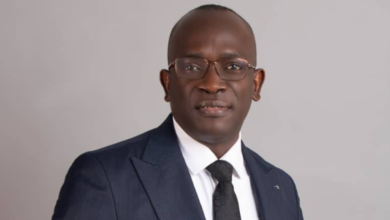FX volatility, reduced investments, economic slowdown worry LCCI

. Idahosa laments businesses pay more for dark
The Lagos Chamber of Commerce and Industry (LCCI) is deeply worried about the various economic headwinds confronting the stability of the Nigerian economy.
The President of LCCI, Gabriel Idahosa, said the chamber is worried about the numerous challenges Nigerian businesses are plagued with, including increased borrowing costs, reduced investment incentives, heightened uncertainties and a pressured foreign exchange market, all of which he said have led to the shutdown of hundreds of businesses with others, still at risk.
Speaking yesterday on the state of the economy for the first quarter of the year, he said the recent hike in the Monetary Policy Rate (MPR) has directly translated into higher interest rates, making it more expensive for businesses to access credit for working capital, expansion and sustainability.
Adding that rate hikes alone will not curb inflation without resolving the challenges of the real sector, he said the sector has demonstrated the capacity to create more jobs, produce goods and services for consumption and export and expand the economy’s GDP. He further expressed worry over the drying up of funds away from the private sector, into government treasuries and advised the government to look for another way to attract direct investments.
Idahosa said the galloping inflation is concerning as the inflationary pressures are attributed to food, housing, electricity, gas, transport and other household needs. He noted that the key drivers of inflation and food inflation remain insecurity affecting agriculture productivity, huge post-harvest losses due to investment gaps in storage and processing as well as the exchange rate.
“Government must address insecurity, promote investment in infrastructure for agriculture storage and processing as well as boost FX supply. While the Naira recently appreciated, the Central Bank of Nigeria (CBN) needs to sustain its policy and regulatory reforms in the FX market, adopt policies that would attract FX inflow and build market confidence in the performance of the FX market.”
On the hiked electricity tariff, he said it is worrisome seeing businesses pay heavily for darkness. “It is a grave concern that with a higher cost of power, companies are still not having access to the service at the promised levels and quality. While we acknowledge that the removal of subsidy on electricity may have been in line with attracting more investors into the sector with a cost-reflective tariff, we have also advocated that we subsidise production instead of consumption.”
Chairperson of the Chamber’s Trade Promotions Board, Abimbola Olashore, is worried that the hike in electricity tariff is not commensurate with the services provided. “We have always known the tariff would increase but our problem is, it is not cost-reflective with what customers get. How did they arrive at Band A when the customers under that band say there is no improvement in supply? Very soon, more people would be moved to Band A so they could charge more, all without improved supply. The national grid keeps failing, another just happened last week, who then gets 20 hours and above daily? They should have shown that they could deliver before increasing the tariff. The cost of doing business in Nigeria is already astronomical, this is just another hurdle thrown at businesses,” he said.
Asking for better support for strategic industries, Idahosa said the Federal Government can stimulate economic growth, foster job creation and promote inclusive development in many other economic sectors in the value chain of the target enterprise.
Commending the proposed National Single Window Project, he said to fully explore its benefits, the government must involve exporters and importers at both the planning and implementation stages.
Director-General of the chamber, Dr. Chinyere Almona, expressed concern about failing businesses, saying FX and poor power supply are two of the greatest problems businesses face. “Others are insecurity, poor infrastructure and rising input costs. People are saying the price of goods should drop but how will that happen when other production costs remain high? Citizens are poorer and cannot purchase more which is affecting businesses in turn leading to reduced or even stopped production.”
